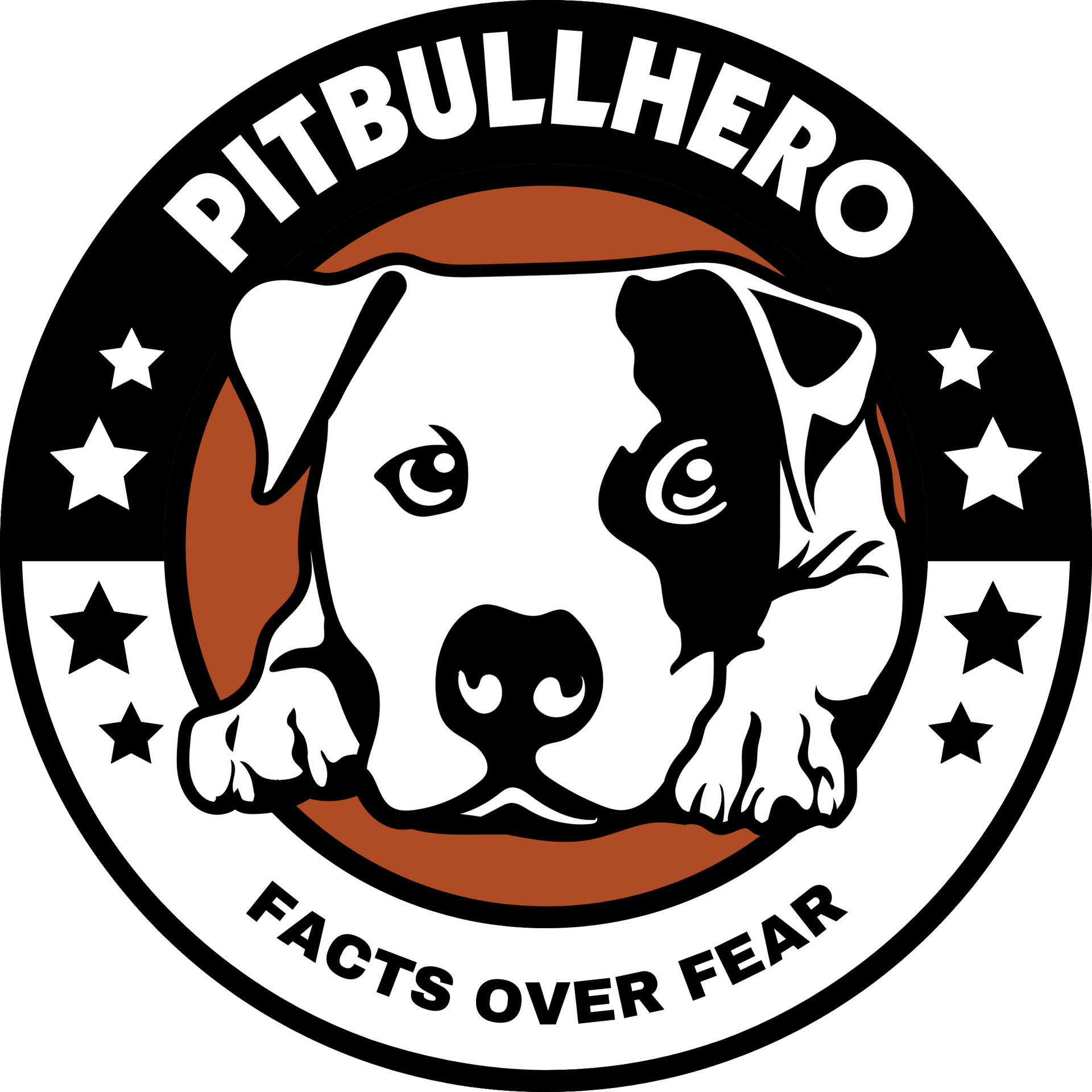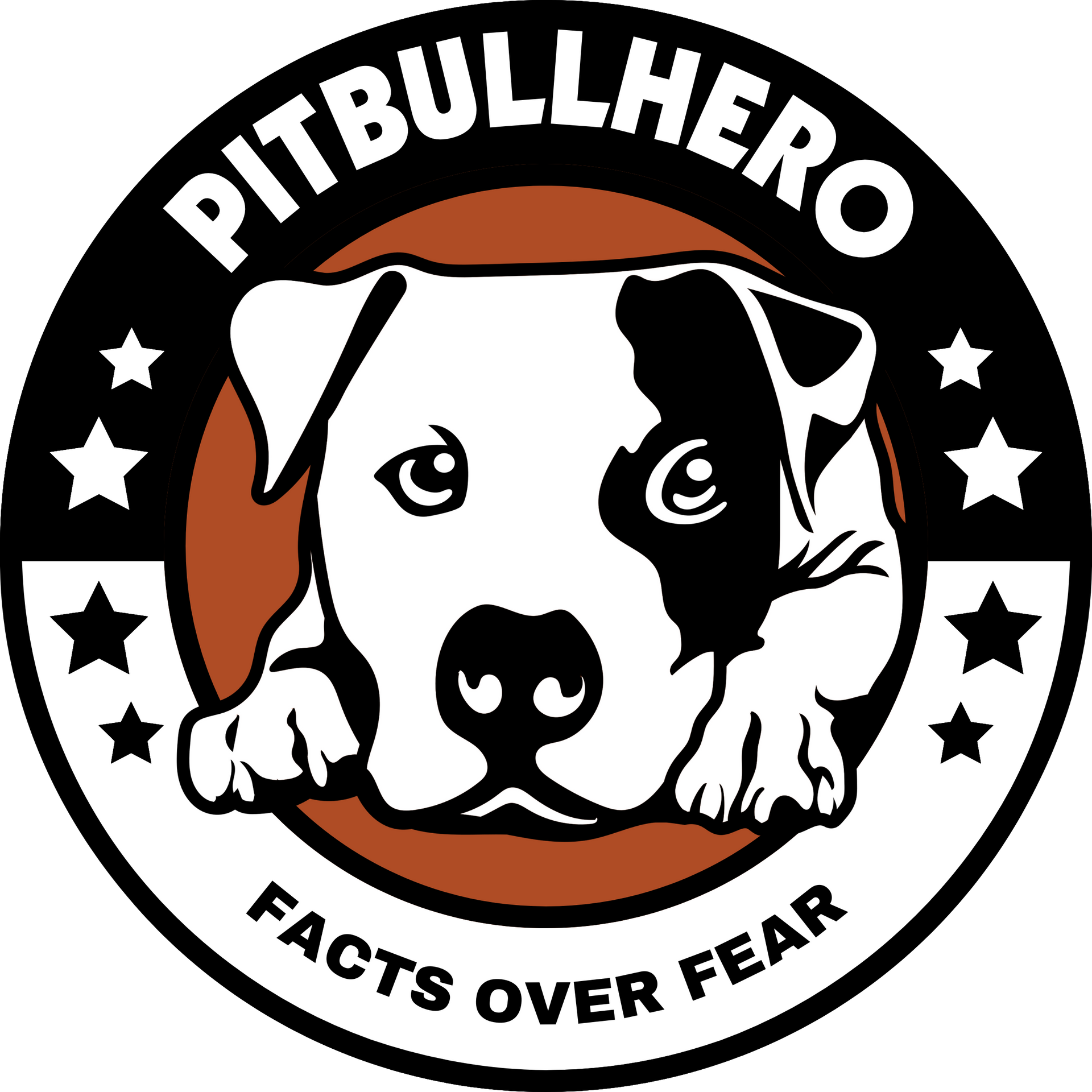Breed-Specific
Legislation
Breed-Specific Legislation
Breed-specific legislation (BSL) is often presented as a solution to improve public safety — but extensive evidence shows it fails to do so. Experts widely oppose BSL, and studies have consistently found that it does not reduce incidents and is ultimately ineffective. Research consistently shows that behavior, not appearance, determines risk. Laws that focus on breed ignore the actual causes of dog-related incidents, such as irresponsible ownership, poor training, neglect, and lack of supervision.
BSL stems from breed stereotypes, misconceptions, and the mistaken belief that certain breeds are inherently dangerous. It targets dogs and their owners based solely on a dog's assumed breed, using a narrow, appearance-based approach that fails to consider individual behavior or responsible ownership. In contrast, breed-neutral legislation (BNL) uses a comprehensive, behavior-based approach that addresses actual risk — focusing on aggressive dogs, unsafe environments, and irresponsible owners, regardless of breed.
With mounting evidence against its effectiveness, BSL is a policy in decline. Today, approximately 96% of U.S. cities and towns rely exclusively on breed-neutral laws for public safety — an approach that is more effective, equitable, and supported by science.

96%
96% of veterinarians oppose BSL, and most described their experiences with pitbulls as either "positive" or "very positive."
18,700
Over 18,000 cities and towns in the U.S. rely exclusively on breed-neutral regulations, representing ~96% of municipalities nationwide.
100%
In 100% of cities with BSL, serious bite-related incidents still occur — confirming that safety is not a breed-specific issue.
BSL: Ineffective & Harmful
Numerous studies have found that BSL does not reduce the frequency or severity of dog bites. Even worse, when enforced, BSL is unjust — harming good dogs and responsible owners without any justification beyond a dog's appearance or assumed breed. While BSL arbitrarily targets dogs and owners based on breed, breed-neutral policies are both more effective and equitable — holding all dog owners accountable for their dog's behavior, regardless of breed.
Studies Have Found
- BSL is ineffective and fails to reduce both the rate and severity of dog bites.
- Breed-neutral regulations are more successful at improving public safety.
- Dog bites result from a complex mix of behavioral, circumstantial, and ownership factors — not breed alone.
Sources: Studies on BSL
Breed-Specific Legislation (BSL)
Applies to only a small subset of potentially dangerous dogs; used by ~4% of cities and towns.
- Limited: Applies to a small number of dogs based solely on assumed breed.
- Appearance-based: Regulates dogs primarily by appearance or assumed breed, regardless of behavior or responsible ownership.
- Ineffective: Used by only 4% (~800 of 19,500) of U.S. cities, with little evidence of success — dog bite prevention is not a breed-specific issue.
- Arbitrary: Targets a specific group of dog owners, regardless of their individual dog's behavior or how responsibly the dog is kept.
- Complicated: Requires breed identification methods such as DNA testing or formal evaluation by a canine expert.
Breed-Neutral Legislation (BNL)
Applies to all potentially dangerous dogs; used by ~96% of cities and towns.
- Comprehensive: Applies to all dogs, regardless of appearance or breed.
- Risk-based: Regulates based on a dog's history of aggressive behavior and/or evidence of irresponsible ownership.
- Effective: Used by approximately 96% (~18,700 of 19,500) of U.S. cities, with consistent success — dog bite prevention applies to all breeds.
- Equitable: Holds all dog owners accountable for their dog's behavior, promoting responsible ownership across all breeds.
- Straightforward: Addresses dangerous dogs without requiring DNA testing or breed evaluations.
This study has found breed discriminatory laws have not reduced the risk of emergency department visits for injury from dog bites in Missouri. There appears to be no greater risk to public safety as local governments move to repeal existing breed bans.
Why BSL Fails
BSL is lacks a scientific basis, focusing narrowly on a dog's appearance rather than the behavioral and environmental factors that truly determine risk. This misguided approach overlooks critical risk factors — such as a dog's history of aggression and issues related to irresponsible ownership — and fails to address the root causes of serious incidents. This is supported by comprehensive studies confirming that a dog's breed does not determine aggression, bite strength, or likelihood to bite.
Lacks a Scientific Basis
Peer-reviewed studies don't support the idea that any specific breed is inherently more dangerous than others. On the contrary, numerous studies have found that a dog's breed does not determine aggression, bite strength, or likelihood to bite.
Source: Dog Bite-Related Studies
Misguided Focus
A dog's appearance is shaped by less than 1% of its genetic makeup, making BSL's focus on physical traits scientifically flawed. This approach ignores the environmental factors most strongly linked to behavior. Key issues — such as a dog's history of aggression and irresponsible ownership — are critical to assessing risk but are often overlooked under BSL. Studies show that only 9% of behavior is linked to breed, confirming that breed has minimal influence.
Sources: NCRC | Studies on Breed-Specific Behavior
Overlooks Critical Risk Factors
Studies have found that the primary contributors to dog bite–related incidents are preventable factors tied to irresponsible ownership — such as failure to neuter and allowing dogs to roam unsupervised — not the dog's breed. BSL fails to address critical safety concerns, including a dog's history of aggression, prior bite incidents, or evidence of abuse or neglect — all of which are far more predictive of risk.
Source: Comprehensive Dog Bite Studies
BSL Rejected by Experts
Virtually all credible research, veterinary organizations, and public safety organizations oppose BSL — including the American Veterinary Medical Association (AVMA), National Animal Care & Control Association (NACA), Association for Professional Dog Training (APDT), American Kennel Club (AKC), and the Centers for Disease Control and Prevention (CDC).
Veterinarians Oppose BSL
- After analyzing numerous controlled studies on breed-specific risk, the AVMA found that pitbull–type dogs are not disproportionately dangerous compared to other breeds of similar size and strength.
- 96% of veterinarians oppose BSL, and most described their experiences with pitbulls as either "positive" or "very positive."
Research & Professional Organizations That Oppose BSL
- Centers for Disease Control (CDC)
- American Veterinary Medical Association (AVMA)
- National Animal Care & Control Association (NACA)
- American Bar Association [PDF] (ABA)
- American Kennel Club (AKC)
- United Kennel Club [PDF] (UKC)
- Association for Professional Dog Training (APDT)
- National Canine Research Council (NCRC)
- Humane Society of the U.S. (HSUS)
- American Society for the Prevention of Cruelty to Animals (ASPCA)
- Animal Welfare Association (AWA)
- U.S. Dept. of Justice (service dogs)
- State Farm (largest property insurance carrier in the U.S.)
BSL on the Decline
Across the country, the tide has turned against breed-specific legislation. Public support for BSL has sharply declined, with most Americans favoring fairer, more effective breed-neutral policies. From majority votes at the ballot box in Denver, CO, and Springfield, MO, to city council decisions nationwide, BSL is being repealed.
Additionally, BSL is a form of government overreach, as it unjustly penalizes well-behaved dogs and responsible owners while failing to address aggressive dogs — regardless of breed — and issues stemming from irresponsible ownership. It has been found unconstitutional in some cases, and many consider it un-American.
There is growing evidence to suggest that such laws [breed-specific bans] are ineffective, negatively impact animal welfare, and, in fact, do little to make communities safer.
100+ Cities & Towns
Since 2018, more than 100 cities and towns in the U.S. have repealed BSL in favor of more equitable and effective breed-neutral regulations — while almost no municipalities have enacted new bans during the same period. Most repeals have been led by city councils, with some occurring through direct voter decisions at the ballot box.
Source: BSL Repeals
BSL Is Being Repealed by Voters
- In 2020, Denver voted to repeal the city's 31-year-old ban against pitbulls by a 66% majority — a landmark outcome, as Denver's ban was the longest-running in any major U.S. city
- In 2018, Springfield, MO voters overturned a newly enacted ban with a 68% majority
- In 2024, Florida eliminated all BSL statewide — in ~40 cities, including Miami — through Senate Bill 942, which passed almost unanimously

